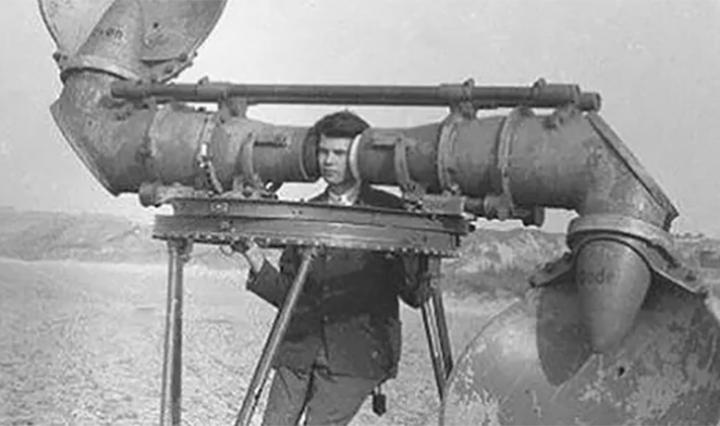Affect and Relationships
The affect and relationships lab was founded by Eshkol Rafaeli in 2003 at Barnard College, Columbia University. It’s objectives have been to advance the understanding of two key components of daily life – our affect (that is, our moods and emotions) and our relationships (and particularly the intimate bonds connecting committed couples).
Much of our current research is focused on the interplay between positive and negative, good and bad. In studying affect, we ask questions such as: Are positive and negative moods such as happiness and sadness truly opposites for everyone, or would some people tend to experience them in synchrony? Is it more or less adaptive to experience positive and negative emotions in discrete or nuanced ways? Are individuals who are less successful at regulating their own moods characterized by different patterns of mood fluctuations, and are these patterns different for positive and negative moods?
In our relationship studies, we look at the attempts partners make to make sense of each other’s thoughts, feelings, and needs , as well as at the interplay of good (supportive) and bad (hindering) actions that happen in the life of any couple. We ask questions such as: What is it that makes well-meaning support less effective than it could be? And can we do anything about that, maybe by coaching couples in particular supportive skills?
In 2009, the lab (and Eshkol) relocated to Bar-Ilan University (BIU) in Israel, where Eshkol is now the director of the adult clinical program at BIU. With this move, came an additional research focus – on psychotherapy in general and schema therapy in particular.

Research Fields
Research Methods
Last Updated Date : 09/06/2020




